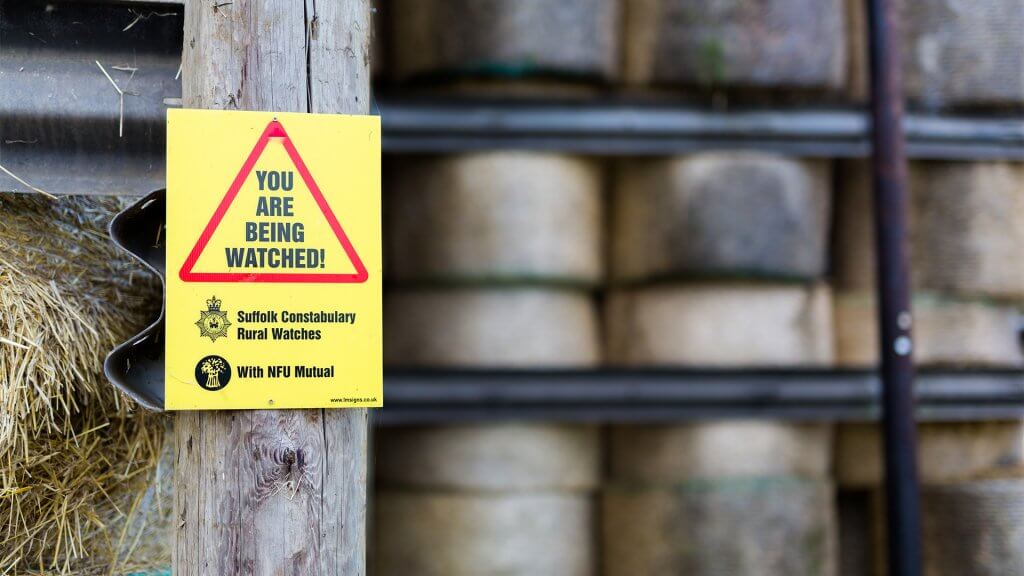
The environmental act 2021 comes fully into effect this year, with substantial implications for any business generating food waste.
Around one-third of all the food produced in the world goes to waste: that’s equal to about 1.3 billion tons of grains that either never leave the farm, are lost or spoiled when converted into the end product or thrown away before it reaches the consumer. The World Wildlife Fund says that’s enough calories to feed every undernourished person on the planet.
According to food waste watchdog Wrap, 680,000 tonnes of ‘avoidable’ bakery waste in the UK is tossed each year at a cost of £1.1bn, and 80% of it from packs that have been opened but not finished.
But bakery waste isn’t just a social or humanitarian concern – it’s an environmental one too. When food waste goes to landfill, it rots and releases methane – a greenhouse gas that is 25% more potent than CO2 at trapping heat in the atmosphere and contributing to global warming.
Shared blueprint for society
Hence the Environmental Act, passed by government in 2021, that will come into effect this year, (date tbc) requiring businesses to separate food waste from their general waste and have it collected separately.
The legislation supports the Government’s commitment to the UN’s Sustainable Development Goals (SDGs), a collection of 17 interlinked objectives designed to serve as a ‘shared blueprint for peace and prosperity for people and the planet, now and into the future’. Goal 12 is to halve food waste by 2030.
All UK businesses will have to comply with the new legislation but those most effected will be within the retail, hospitality, healthcare and education sectors, which produce a much higher volume of food waste.
The new legalisation sets out that:
- All food waste must be separated from general waste for collection.
- Food cannot be sent to landfill or incineration; it must be sent to recycling. The two methods that can be used are composting or anaerobic digestion.
- Macerators (units that chop and flush down drains using high volumes of water) or liquidising digesters will be banned completely (already banned in Scotland, Wales and Northern Ireland, with England to follow suit this year).
- Drying or dewatering systems will still be permitted – these can reduce the volume of food waste when it comes to collection.
- All fees payable for waste recycling will be the responsibility of the business creating it.
As per the final point, the downside is another unwanted overheard in these belt-tightening times. Not only that, but you will also be required to fill out an annual waste return detailing how much waste your business have disposed of.
Despite this, Nathan Gray, head of Sustainability at Reconomy, shares light on an upside.
“It’s possible that waste segregation can have a positive effect on your costings,” he said.
“Generally, food waste is quite heavy, so disposing of it among your general waste can increase costings. When separated, your general waste should be much lighter.”
“Segregated food waste, for instance, is up to five times cheaper to dispose of per kilo. Therefore, your general waste will not only be lighter, but overall cheaper to dispose of.”
A waste audit, too, may be beneficial in helping you itemise the outgoing waste so a you can decide how to better manage your processes.
Food waste recycling in action
According to Gray, some firms may be less prepared for the new legislation than others – particularly smaller concerns that have little experience of total waste management.
What should businesses start doing?
Separate food waste into a different bin for collection. An extra food waste bin will be needed in addition to setting up a new collection day.
Refrain from using macerators or liquidising digestors as these have now been banned completely.
Food waste must not be sent to landfill but sent to recycling through composting or anaerobic digestion instead. A composter effectively transforms food waste into highly effective fertiliser that can then be used to grow fresh fruit and vegetables in line with circular principles.
“Typically, minimal resources are required to run such a device,” Gray continues.
“Only around 15-20 minutes of labour is required per day, while the cost of running the composter would only include cheap ‘bulking agents, such as wood chips and coffee grounds, alongside minimal electric power.”
Another example is the Eco-Smart Food Waste Dryer. An overnight drying cycle reduces waste volume by 80% turning it into a sterile powder that can be used to generate energy from biogas.
The food waste hierarchy
Bakery businesses within the UK will be required to follow the food and drink waste hierarchy as outlined by the Government.
This is an eight-step compliance policy with one being best and eight, worst. Options 1 to 4 provide guidance on how to prevent food waste while options 5 to 8 are required by law:
- Prevent surplus and waste in your business.
- Redistribute surplus food and drink.
- Make animal feed from former food.
- Process surplus food to make biomaterials.
- Recycle – anaerobic digestion and composition.
- Recover waste by landing spreading.
- Recover energy from waste.
- Dispose – send to sewer and landfill.
“The introduction of these new food waste legislation will pose a challenge to businesses as they race against time to get their processes in order.” concludes Gray.
“However, if implemented correctly, they could pave the way to a more sustainable, carbon-neutral future”.
Wales is closer to implementation of these rules than England. Currently, the Wales food waste segregation legalisation is set to come into for from October 2023. The official date for England is yet to be revealed.
However, start planning now for your best route forward. By putting in place measures to comply with legislation, you’ll be minimising your third-party disposal fees and doing your bit to promote the long term change our planet needs.

























